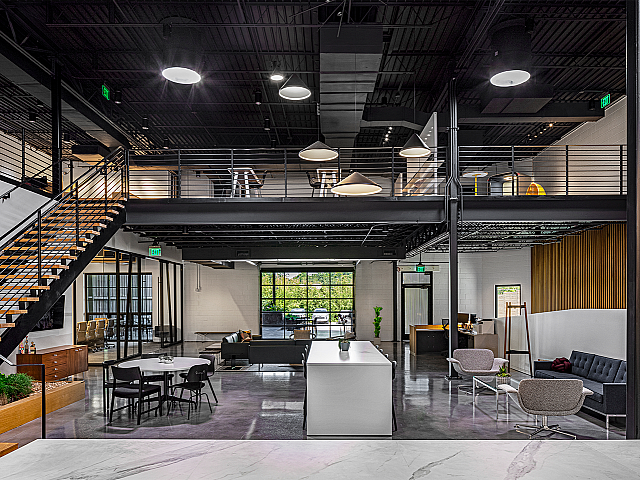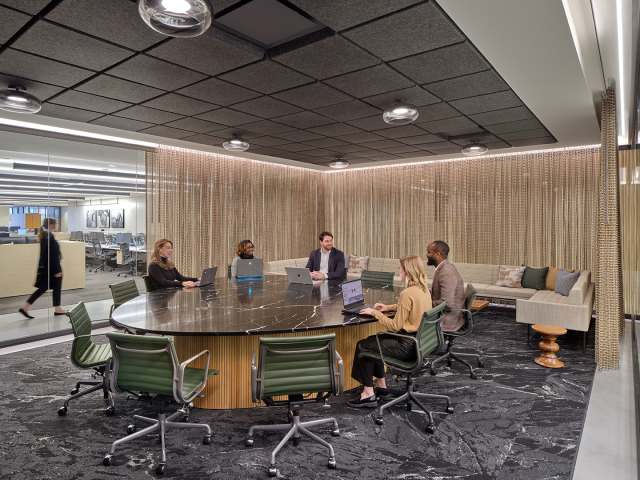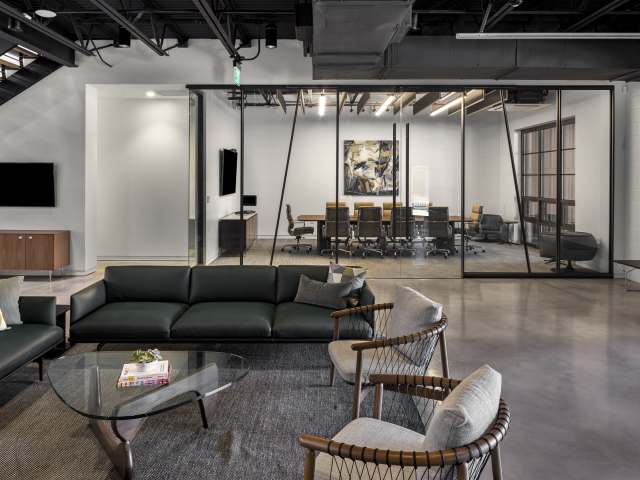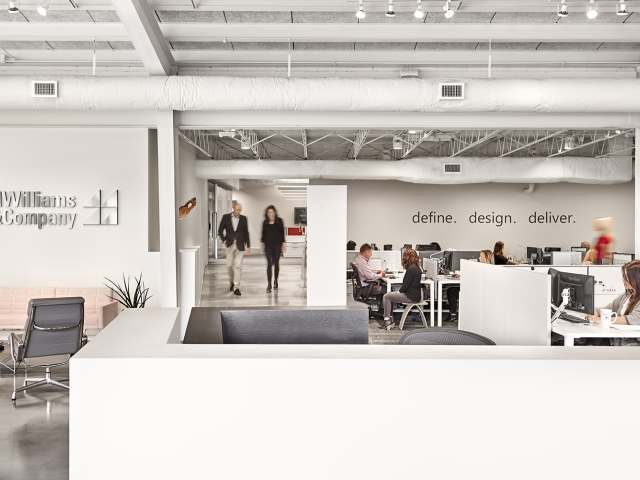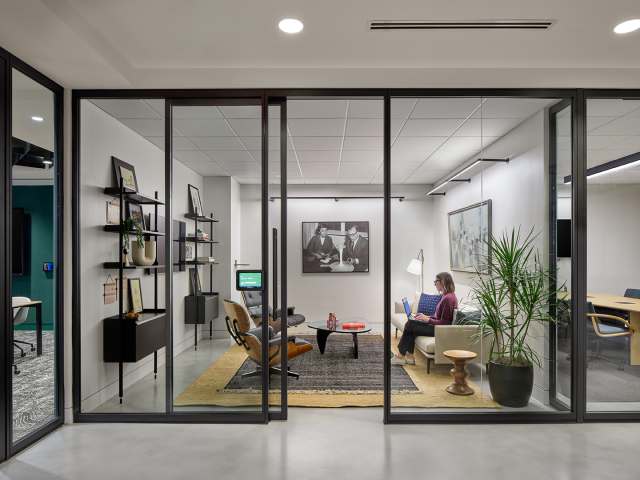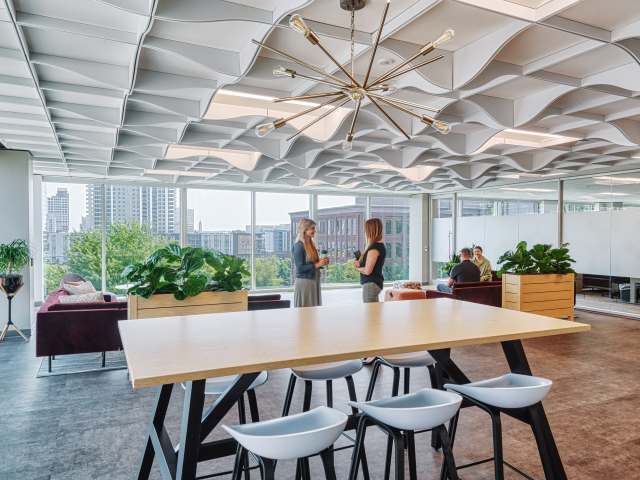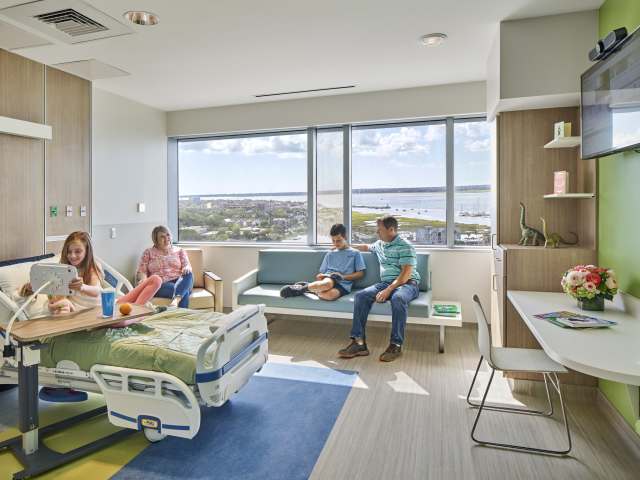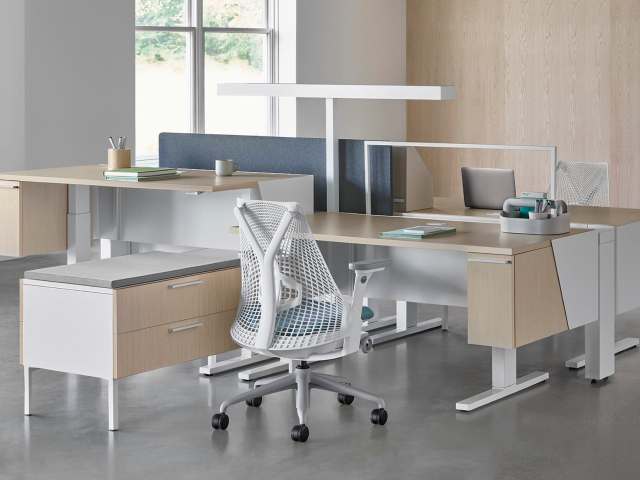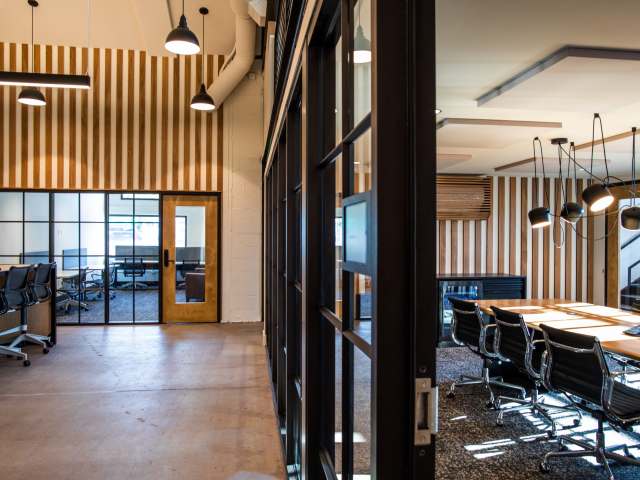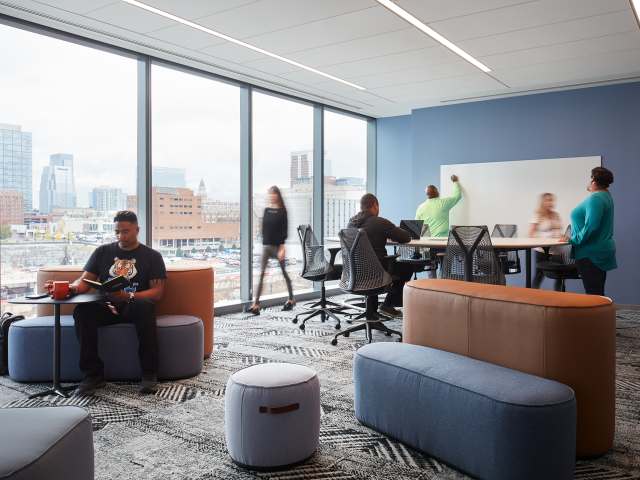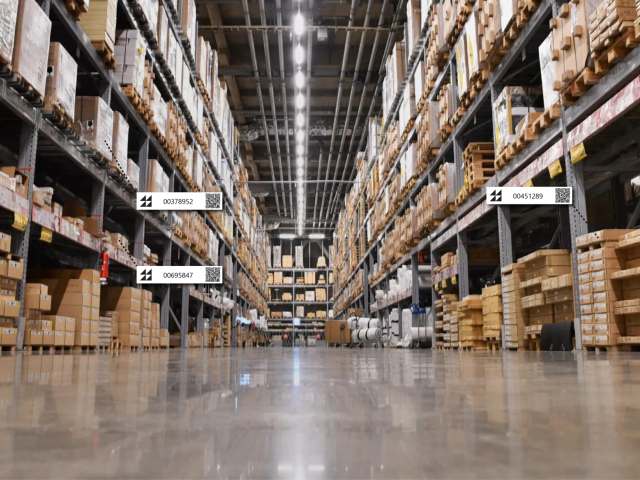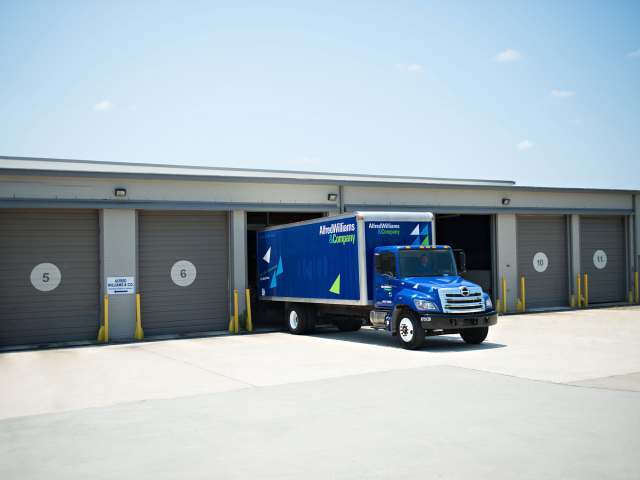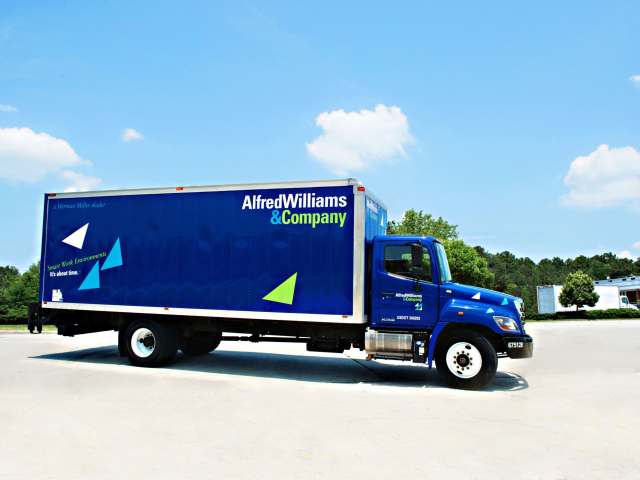Hybrid Work: Unlocking Workplace Success with a Strategic Blueprint
The dynamics of the workplace are evolving, and as leaders navigate the shift towards hybrid work models, the focus should shift from enforcing rigid policies to designing environments that support the unique needs of each organization.

Sign up to get these in your inbox each month!
From our conversation with Corrine Murray, Agate Studio, on WorkPoints, season 1, episode 3.
The dynamics of the workplace are evolving, and as leaders navigate the shift towards hybrid work models, the focus should shift from enforcing rigid policies to designing environments that support the unique needs of each organization. In this article, we explore the importance of building workplaces that facilitate in-person activities while granting employees the autonomy to excel in their remote tasks. Corrine’s conversation with Jade Franklin, VP Workplace Strategy, was originally shared during season 1, episode 3 of our podcast, WorkPoints.
Root Cause Analysis: Unveiling the Why
Before delving into the intricacies of hybrid work, it's essential to conduct a root-cause analysis. Many organizations face challenges related to employees' reluctance to return to the office, rendering hybrid models ineffective. The key lies in understanding the underlying issues. During client consultations, the approach can start with classic discovery exercises, acting as an anthropologist to uncover the nuances within the organization and gathering diverse perspectives.
Designing Quality Days in the Office
The quest to bring employees back to the office often overlooks the critical question: Why? Rather than focusing solely on the geographic aspect of hybrid work, organizations could analyze the activities that thrive in different environments. For instance, workshops and collaborative sessions may be more effective in person, which would foster energy and engagement that virtual meetings may lack.

Moving Beyond Symptomatic Solutions
A common pitfall is attempting to solve the symptoms without addressing the root cause. If employees resist returning to the office, leaders need to question the purpose of in-person days. Understanding the business value behind specific requirements is crucial for tailoring hybrid models that align with the organization's goals.
Mapping Work Activities to Environments
The success of hybrid work hinges on intentionally designing days for specific activities. Not all tasks require in-person collaboration, and organizations must distinguish between synchronous and asynchronous work. By categorizing tasks based on their compatibility with virtual or in-person settings, companies can create a flexible yet purposeful approach to hybrid work.
Learning from Industry Giants
Examining the strategies of industry leaders may provide valuable insights. While some companies may adopt a stringent return-to-office policy, it's essential to recognize that one size doesn't fit all. Organizations should resist emulating companies under different circumstances and instead focus on what works best for their unique business needs.
Building Trust and Accountability
A fundamental shift in mindset is required, where organizations trust employees to manage their tasks effectively, both in the office and remotely. Establishing systems of accountability ensures that work quality is maintained while providing the flexibility needed for a successful hybrid work environment.

Looking Ahead: A Call for Flexibility
As the conversation around hybrid work unfolds, the need for flexibility and adaptability becomes increasingly apparent. Organizations must move away from a one-size-fits-all mentality and embrace a tailored approach that aligns with their values, work culture, and business objectives.
In conclusion, the future of work lies in a thoughtful blend of in-person collaboration and remote autonomy. By understanding the unique needs of their workforce and designing hybrid models that prioritize intentionality over rigidity, organizations can create workplaces that not only adapt to the current landscape but also foster sustained success in the ever-evolving world of work.

